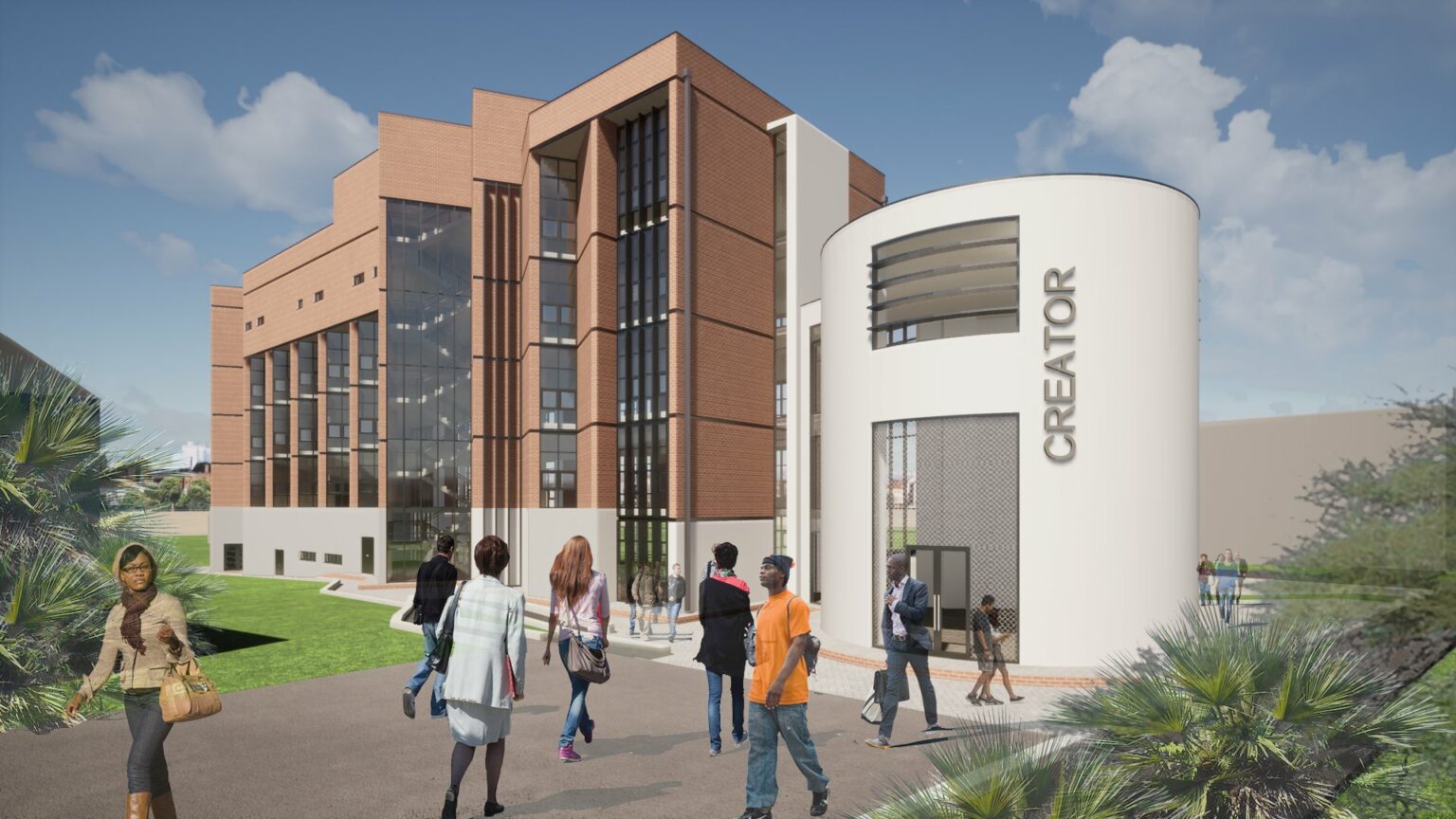Work has begun to construct a £9.5million specialist postgraduate medical specialist and research training centre in Malawi, designed by leading East African architecture and engineering practice FBW group.
The new Clinical Research Excellence And Training Open Resource (CREATOR) will provide the most sophisticated clinical research training environment in the region. It has been described as “paradigm shifting”, meaning a whole new way of thinking and doing business.
FBW Group is leading the project’s design and technical team. Contractors are now on site in Blantyre, Malawi’s second largest city, and have begun work on the construction of the state-of-the-art centre.
Paul Moores, FBW Group managing director, said: “We are just at the beginning of the building phase of the project and have now broken ground and started earthworks.
“However, we are already seeing good progress on the ground, with contractors working quickly to prepare the ground and lay the foundations for the new centre.
“We’re looking forward to seeing CREATOR take shape. It is an amazing, innovative and experimental development that will make a real difference to healthcare in Malawi and the region, and we’re honoured to be playing our part in the delivery of such an important facility for global medical research.”
CREATOR is a partnership between the new Kamuzu University of Health Sciences (previously the College of Medicine), Queen Elizabeth Central Hospital in Blantyre, Malawi, the Liverpool School of Tropical Medicine (LSTM), the University of Liverpool and the medical research charity Wellcome.
Malawi currently has around 600 clinical doctors to treat a population of 16 million. The new centre will meet a critical need for further training of medical specialists and research opportunities focusing on the particular needs of the sub-Saharan Africa region.
CREATOR will help to halt the ‘brain drain’ that sees doctors leave the country to progress their careers, sometimes never returning. Malawi had one of the lowest life expectancies in the world some years ago, and now has the fastest improvement in life expectancy anywhere in the world due to progress against HIV, TB, malaria and other endemic diseases.
The looming threat of increasing non-communicable diseases such as stroke, and the ongoing challenge of meeting the developmental needs of every child are research challenges of the moment. In future, more attention will be paid to the health impact of climate change, particularly global warming.
Wellcome has committed £1.9m to the project and LSTM and the University of Liverpool are providing £3m each. More fundraising is underway for the costs of training specialists and seeing the best research conducted in country.
The Malawi-Liverpool-Wellcome Research Programme (MLW), as well as providing training for the next generation of clinical researchers also currently supports research nurses and clinicians at the Queen Elizabeth Central hospital (QECH) in Blantyre. The new centre will be built in QECH grounds.
Over the last 25 years MLW has made notable scientific contribution in the management of malaria and HIV. It says the CREATOR project will be “a step-change” in the scale of clinical research- an increase of at least 30 per cent – and a reversal of the norm of trainees leaving Malawi and the region to receive specialist education elsewhere.
Medical and healthcare projects have been a cornerstone of FBW’s work since it began life in East Africa just over a quarter of a century ago.

